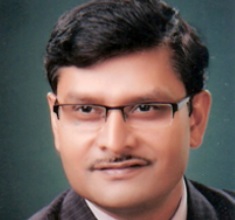Interviews
In-depth analysis of Industries and companies and how they manage complex and
demanding business environment.

Corporate America is replete with examples of titans battling it out in the global arena, a merciless winner-take-it-all bid to maximise on market share. If the 90s decade was about the Cola Wars, then the most recent one has been about Samsung vs Apple. And no less intense! Arguably, for the first time we have an Asian giant locking horns with an American one – a harbinger of things to come? Maybe.
If we were to leave the romanticism aside and just focus on what the South Korean giant is doing here in India, it would be an astounding read, no less. An hour-long conversation with Samsung R&D’s CTO proved how right we were.
This is an attempt to capture broadly, Dr Aloknath De’s insights:

